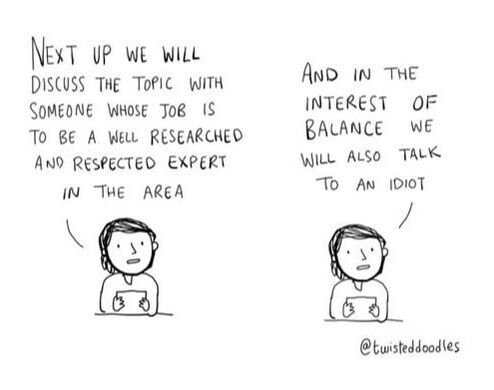|
Hello! It's been a while guys I know. I've missed you. I honestly haven't felt the urge to post recently but I thought I would come back and go through why I chose to trial my current job.
What is Public Engagement and Education (EPE)? The clue is in the name. EPE is the umbrella term to describe how people with the knowledge of something share with people who are not in the know. That simple. The aim is to create a dialogue between researchers and everybody else in order to share knowledge. I work as an EPE officer - I basically facilitate this dialogue. I report on how successful these interactions are, evaluate how we can do it better and help make that dialogue better, Fun fact - John Tyndall is quoted as saying "Knowledge once gained casts a light beyond its own immediate boundaries". His (possible) distant relative said 200 years later "Your research isn't for you, it's for everyone else" - Caitríona Tyndall (hey that's me!). What is an Engaged Researcher? Again clue is in the name. These are researchers who (surprise) engage with non-researchers. How do you become an engaged researcher? This funnily enough is suuuuuper simple. You ready? When you do something you stop and you ask yourself "How does this affect the average person?". That's it. To start on the journey of being an engaged researcher you just need to think about who this will impact. Why? Because once you start thinking about the person you start thinking about HOW you tell this person! You can put yourself in their shoes and think "What do they know now?" and "What do they need to know?". Case in point is the existence of this blog. I worked on epigenetics, I wanted people to know about epigenetics (because I LOOOOVE epigenetics) so I created a platform for me to explain what epigenetics is. And people (read: you guys) read the blog. BOOM! Engaged researcher! I have engaged with you about my research and you have (hopefully) learnt something. You're welcome. Also thank you! Why? Because I learnt a lot doing these blog posts. Most important - how to edit my writing. Critical for thesis writing. Also - how to explain myself confidently. Critical in PhD vivas. Basically I've learnt to be a better communicator. It's pretty awesome. So why is it important? Hey what would happen if you bought a ready made meal but it didn't have the ingredients on the back? Would you eat it? Depends on what it was called - is the name intuitive (chicken) or vague (meat). You need more information to make that decision. Now what if I told you that I'm digging up your back garden to improve your wireless internet connection? How does that intuitively make sense? Honestly if you know nothing about optical fibres it does not make sense. However with a little bit more information this will totally make sense! Fibre optical cables are glass fibres that you pass light down. The light bounces but doesn't escape. This is an incredibly efficient way to transfer data over long distances. The fibre optic cables connect to a receiver which uses sound waves to transmit your wifi signal over short distances. This is because sound waves are not very efficient as they lose signal intensity more than light. So if I'm trying to increase wifi connectivity in rural areas the most efficient way I'd to build more fibre optic cable pipelines to connect to the rural areas. This reduces the distance the radio waves have to travel making the wifi more efficient. And that is why I'm digging up your hydrangeas, Mary, so you can watch Alan Titchmarsh is HD. You're welcome. Essentially sharing information and being better at communicating is beneficial for everyone. Particularly gardening enthusiasts. So what have we learnt? Sharing is caring. Or to quote a really cool scientist (again) "Your research isn't for you, it's for everyone else." Dammit guys! We need to share what we know in a way that makes sense to everyone else.
0 Comments
Leave a Reply. |
AuthorMy name is Caitriona and I am a PhD student at Imperial College London, UK. Categories
All
|


